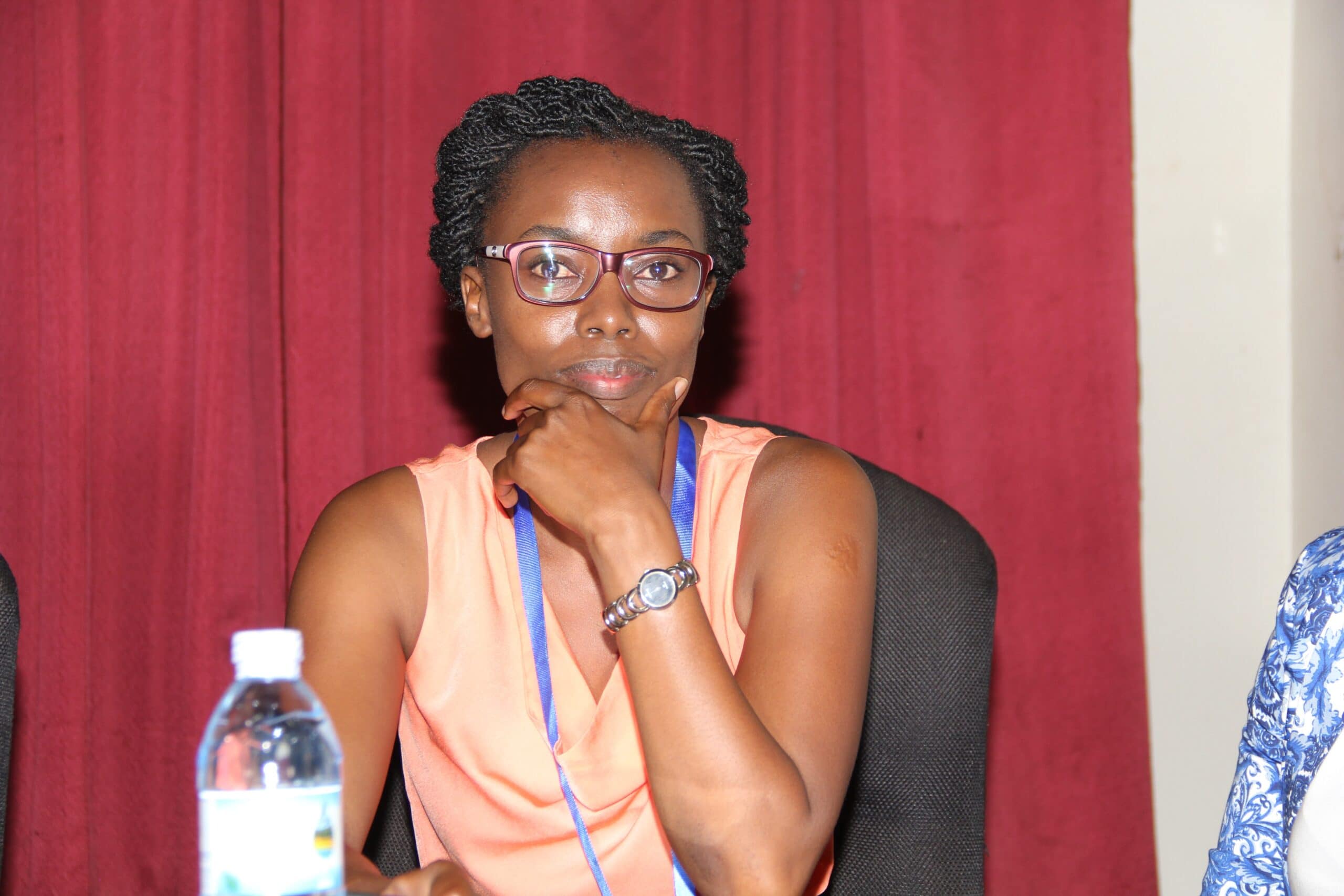The genesis
I had just received an acceptance letter to pursue a largely online postgraduate diploma in Medical education, which was to begin in 2014, and I was actively working on what would have been my project and a deliverable of the course. To rest my mind from the engaging task, I decided to do an occasional sorting of the contents in one of my handbags. That’s when I stumbled on a piece of paper that had a website handwritten in thick ink – www.cartafrica.org, population health PhD. My mind rushed back to the day when I tore a piece of paper from a newspaper I was reading and wrote the website down.
I stopped sorting my handbag and returned to my laptop, this time, to visit the website. It was a call for applications for a fellowship to pursue a PhD in population health. Meeting all the preliminary requirements, I embarked on putting together an application, and in a few days, I submitted it ahead of the deadline. I continued working on the other offer to study medical education.
The process
A few months later, I received an email from CARTA stating that I had passed the preliminary steps and had more tasks to complete in order to be accepted. I diligently worked on all the tasks and finally received an offer for the fellowship and an invitation to attend JAS 1 for a month from 10th March 2014. This was a very confusing time for me. Leaving my young children behind, having left them for 12 months in 2010-2011 when I went to pursue an MSc in Audiology. The offer broke my heart. I consulted my then 10-year-old daughter and 9-year-old son. They both were strongly encouraging. When I asked them why I should pursue it, one of them said that “so you can be an example to us.” With those words, my fate was sealed, and never did I look back.
The problem to solve
Upon graduating with my MMed in ENT, I returned to work at a public national referral hospital that served over 60% of Rwandans. I observed that hearing loss caused by chronic ear infections was a common cause for care-seeking. Unfortunately, even after meticulous surgery, some patients still complained about hearing loss. The country did not offer audiology services at that time, and therefore there was nothing we could do. We needed to address the preventable causes of hearing loss. I engaged policymakers to help address the issue and scale up prevention, but they needed evidence – “hospital data means nothing, we need data.” The finality in this statement was the turning point for me. In my pursuit to provide data, CARTA happened.
CARTA
Being a CARTA fellow was an enriching experience. Networking with peers, peer reviews of academic work, and many other activities organized by CARTA made even the most difficult moments manageable. CARTA provided experienced trainers, supervisors, and didactic resources to ensure a smooth learning environment. I benefitted from teacher replacement and residential sessions that allowed me to dedicate my attention to my studies. I had very knowledgeable supervisors who were readily available and guided me at every step, and still, take an interest in my professional growth even after graduating.
Contribution
The majority of causes of hearing loss in children are preventable, the most common being ear infections. From my PhD work entitled The burden and care-seeking practices for ear infections in children under five in a district of Kigali city, Rwanda, we now know that up to 5% of children under 5 in a district in Kigali have chronic ear infections, and this could be higher in rural settings. We also know that there is overall low awareness of ear infections among parents and nurses in primary health care facilities. Consequently, from this data, other studies, and persistent advocacy, Rwanda recognizes that ear and hearing health is a priority. In January 2019, a National Ear and Hearing care Strategy was commissioned to address it.
The journey
It was a pleasantly grueling seven years of studies, a half of which I cannot honestly account for. After an extremely thorough, engaging, and very informative JAS 1, my research concept changed. I applied to study at Makerere University, worked on a new concept, and obtained full registration within six months. I was able to collect data and have two papers published within two years of full registration. While this was a major milestone, I was stalled by many unforeseen circumstances outside my control. The main challenge was difficulty identifying an examiner, given my particular area of study. I submitted my Thesis for examination on 25th July 2019 and defended it on 21st January 2021.
Delays did not deter my resolve to raise awareness about prevention, early identification, and management of hearing loss, set up a facility to provide comprehensive ENT and audiology services and continue training the future generation of problem-solving health professionals. Planning is underway to perform a midterm review of the implementation of the National strategy on ear and hearing care. While the problem of hearing loss is not nearly solved, I am gratified to know that it is now recognized and prioritized both in paper and in practice. I owe all this to CARTA, which helped me gather the needed data and empowered me to look beyond challenges to seek solutions.




